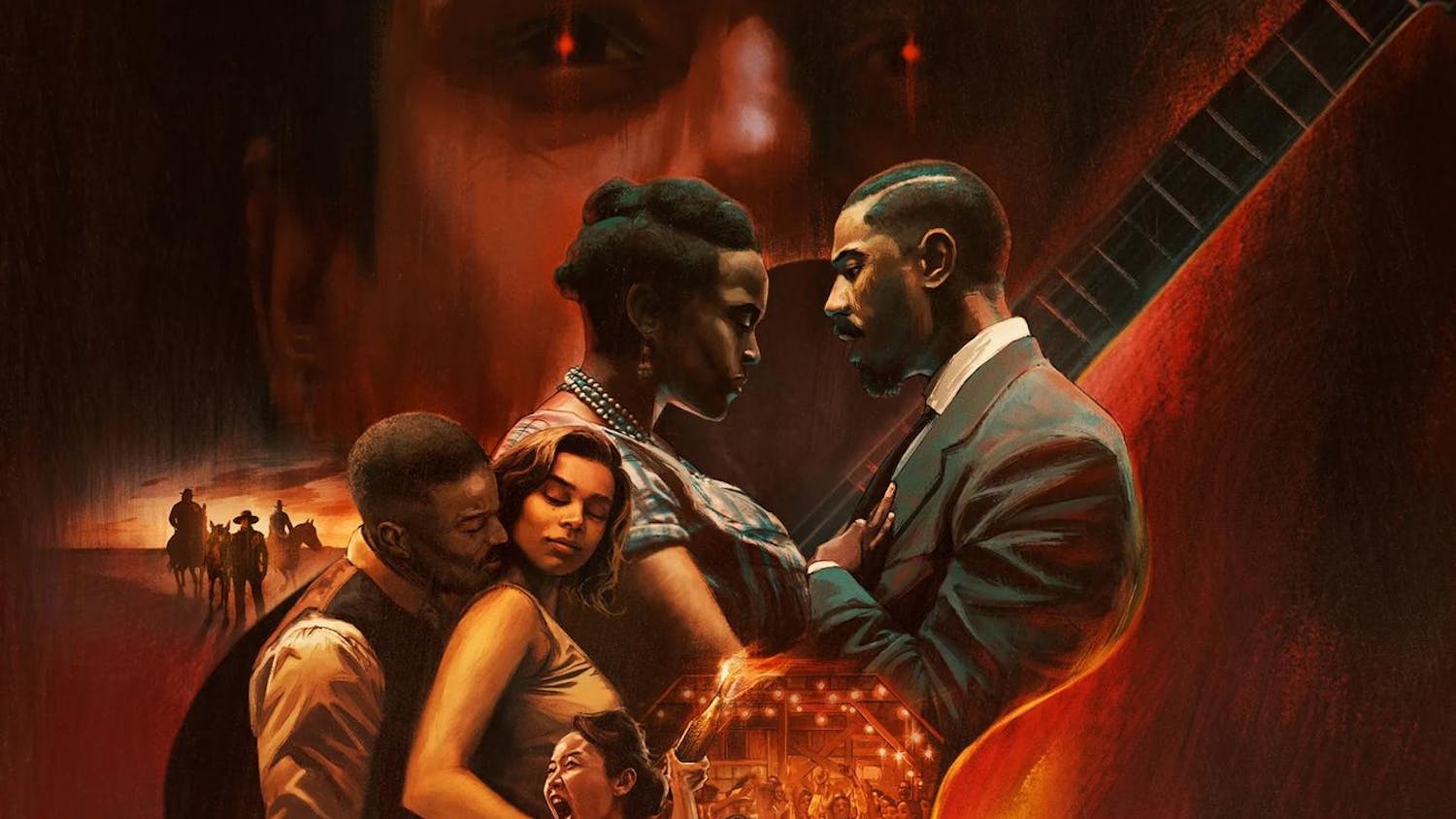“Beach Rats” is a stirring mood piece and a fine addition to director Eliza Hittman’s burgeoning body of works. The film’s rhythmic cycles sculpt its somber core — Hittman constructs a hazy atmospheric world simply by following her protagonist, Frankie, as he performs a series of daily rituals on loop. Such commitment to audiovisual aesthetics often comes at the expense of a thoughtfully articulated plot, and the film suffers when it tries to tell its story through action and dialogue. But then, “Beach Rats” does not seem overly concerned with positioning its protagonist as a linear storytelling subject. Rather, the film builds its form around mood to focus the viewer’s attention inward and away from plot. It moves toward more tender and difficult questions surrounding Frankie, an overly masculine and closeted young man living in Brooklyn, and how he understands his own position in the world.
The plot is simple enough. Frankie and his wife beater-wearing crew aimlessly loiter around the Coney Island neighborhood of Brooklyn, committing petty crimes, chasing girls and doing drugs. Frankie eventually gets himself a girlfriend, but he secretly spends his nights perusing gay chat rooms, which occasionally lead to clandestine sexual encounters with older men. Frankie lacks an outlet to address a sexuality that confuses him: Between his entourage and a home tainted by his dead father, he quickly begins to suffocate from the interiority inflicted upon him by his environment. The film ends as it began, with Frankie staring out at fireworks over the Coney Island pier and pondering his entrapment.
It is what happens between those moments of plot production that matters, though. “Beach Rats” is paced by a pulsing, dark energy. Hittman sets much of the film at night, and the pier’s neon lighting provides a trippy and buzzing backdrop for the action. Hittman and cinematographer Helene Louvart consistently focus the film’s gaze upon male bodies, primarily in states of undress. At times the camera feels voyeuristic, catching stolen glimpses of anatomy from late night chat room sessions. More often, though, the film’s gaze unashamedly lingers on the bodies of its subjects. It’s a refreshing means of undercutting the traditionally heteronormative and patriarchal cinematic gaze.
Even the mundane becomes erotic. Fire hydrants, boxing bags and even a crucifix torment Frankie. You are meant to feel his sexual angst. He often repeats, “I don’t really know what I like.” The rules and codes of Frankie’s world make resolving his self-doubt all the more difficult. Drug use and misdemeanor crimes are accepted as casual practice, the price of having fun. Frankie’s encounters with older men, on the other hand, feel illicit — they often meet in deserted parking lots and sneak off to secluded wooded areas before engaging in sexual intercourse.
Near the end of the movie, Frankie tells his friends that he uses gay chat rooms to score weed. Without revealing too much, this semi-confession leads to a moment in which Frankie is forced to pretend to his friends, who see him as straight, that he is gay. His entrapment becomes layered — he becomes a closeted man, performing straightness, performing gayness. “Beach Rats” succeeds because it rarely requires plot to make you understand how suffocating those moments feel.
“Beach Rats” concludes its run at Avon Cinema today.




